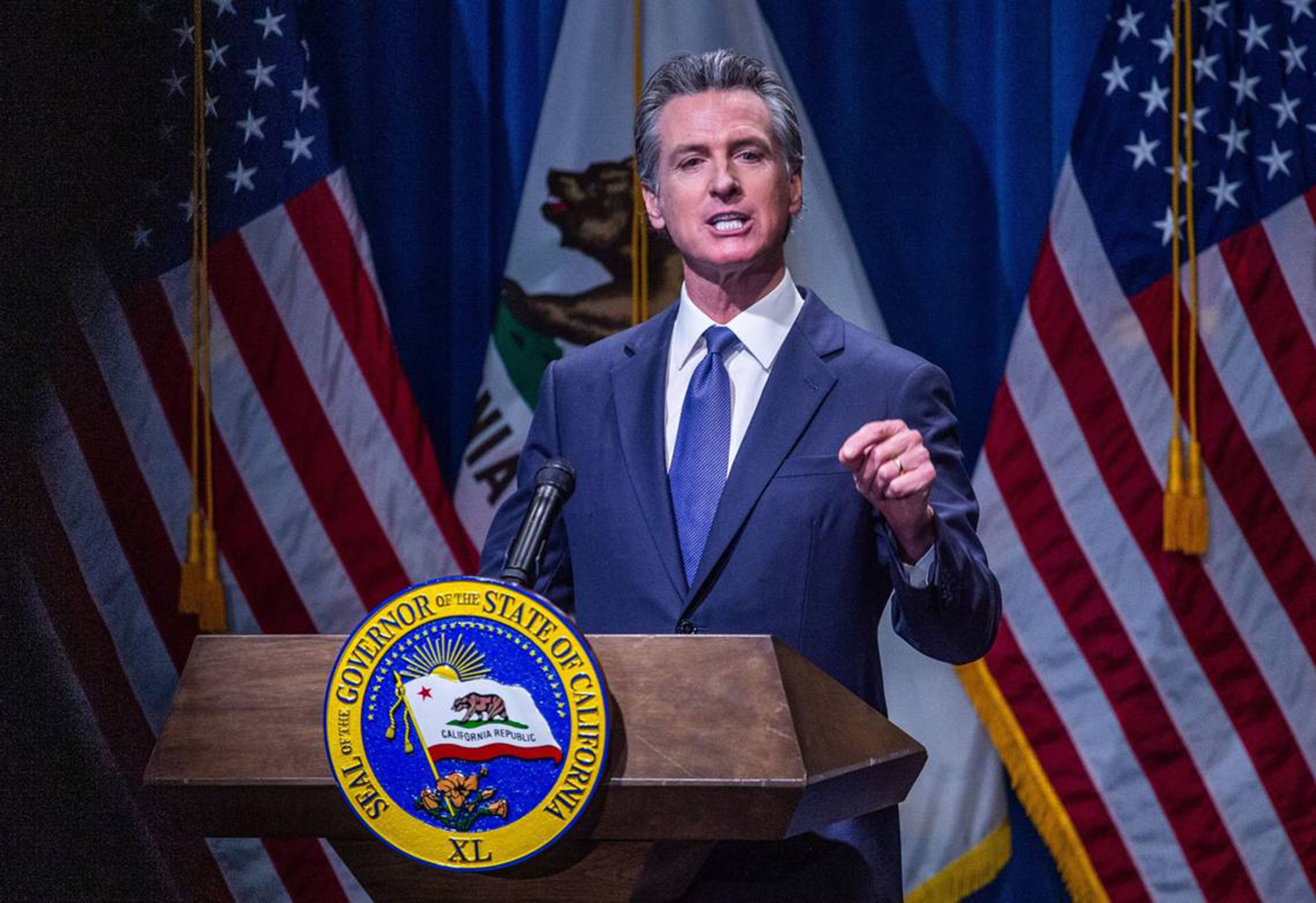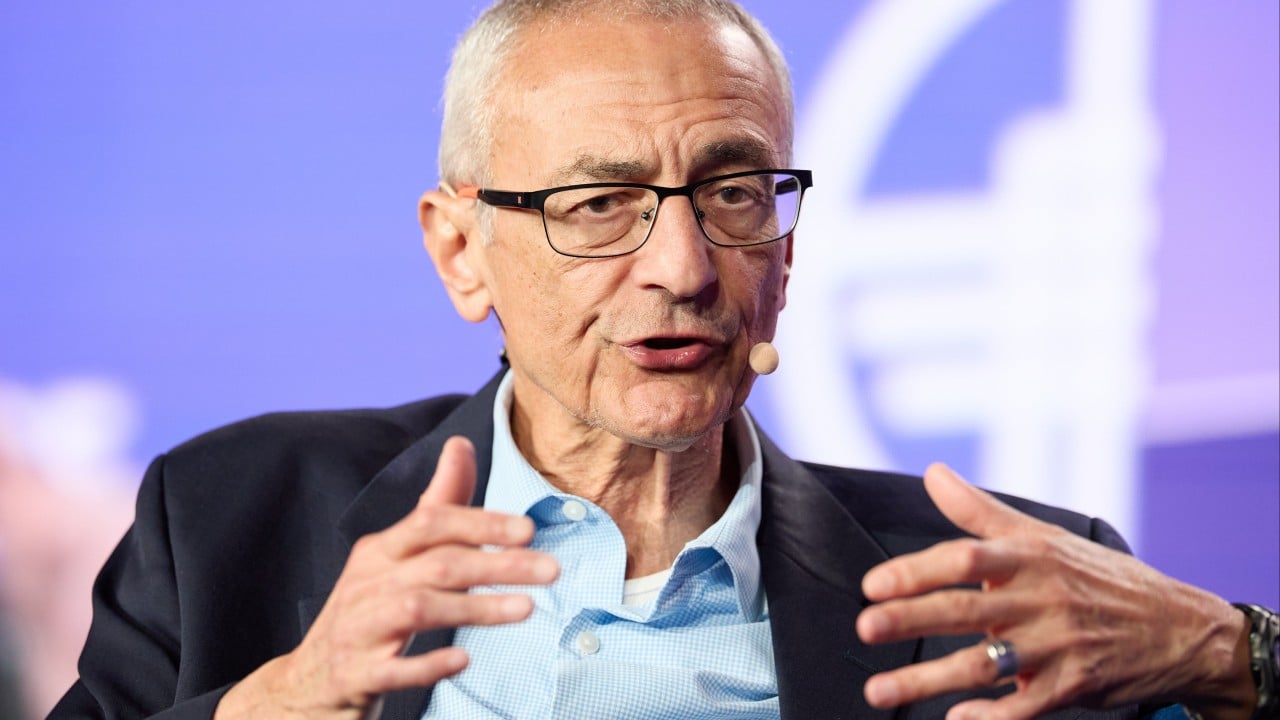The freshly appointed climate envoys from the US and China are convening for their inaugural face-to-face discussions in Washington this week, seeking to show some progress on an issue that both sides often claim should be free of the rancour that has kept them far apart on other fronts.
As per announcements from both sides, China’s special envoy Liu Zhenmin and White House senior adviser John Podesta are co-chairing bilateral working group meetings on Wednesday and Thursday to build on agreements made by their predecessors in November.
This session will focus on topics previously highlighted by John Kerry, former US special presidential envoy for climate, and Xie Zhenhua, former Chinese special envoy for climate change, during discussions in Sunnylands, California, in November.
Analysts said the effort was significant more for its fulfilment of pledges by Chinese President Xi Jinping and his US counterpart Joe Biden to rebuild regular top-level engagement, made during their summit in November last year, than for specific achievements that the talks are likely to yield.
Jennifer Turner, director of the China Environment Forum at the Wilson Center, a Washington-based think tank, characterised the meeting as “getting back together”.
She suggested potential outcomes might focus on areas devoid of “geostrategic conflict” such as collaboration on methane reduction, advances in carbon capture technology and cooperation at subnational levels.
Such an approach would steer clear of contentious issues such as the Biden administration’s probe into possible national security risks inherent in Chinese-made electric vehicles and increased tariffs on Chinese solar panels.
Testifying before the House Appropriations committee on Wednesday, Biden’s Commerce Secretary Gina Raimondo expressed concern about the data that Chinese vehicles could collect on Americans.
She alleged that vehicles in China manufactured by US electric-vehicle manufacturer Tesla faced restrictions on where they could be driven in China and that her department was looking into possible “reciprocity”.
The Biden administration has also encouraged Americans to buy products made within in the US with American components, also owing to national and economic security concerns.
To prevent these issues sinking this week’s talks, Turner said, the two sides would likely point to California as a model in subnational cooperation, highlighting the state’s continued conversations and cooperation with China around climate issues.
California Governor Gavin Newsom’s trip to China last October led to a first-of-its-kind pact between Beijing and California to team up on subnational climate action, focusing on cutting emissions, moving away from fossil fuels and promoting clean energy.

The following month, the US and China agreed in the Sunnylands talks to incorporate methane reduction into their climate objectives for 2035. Their agreement also emphasised the aim of fostering at least five significant joint initiatives in carbon capture, utilisation and storage (CCUS).
Turner explained that the CCUS as “like when you have a coal fired power plants and the technologies where you can capture the carbon and you can store it in the ground”.
“Both countries have been trying to kind of figure it out. It’s very complicated,” she said, emphasising that dialogues and cooperation on environment have been a “channel for conversations, keeping communication going between the two countries” for decades.
She added that any joint action on methane or a “competitive race to the top” could set a “good tone” for COP29 in Azerbaijan this November.
John Tobin, a professor of practice at Cornell University, contended that the fact the two countries were back at the negotiating table to discuss the climate crisis “marked improvement compared to where the countries’ bilateral relations have been in recent years”.
Still, the Biden administration’s increasing emphasis on national and economic security is likely to limit progress.
In April, Podesta criticised China’s “non-market policies and practices” for distorting the global market for clean-energy products like solar, batteries and critical minerals as “beyond ironic”.
Last week, Liu said China needed to “maintain low costs, otherwise nobody is going to be able to afford the energy transition”.
According to Turner, the two sides were unlikely to focus on these “prickly topics” in this week’s discussions.
“We’ve seen over in the last few years, like when presidents Biden and Xi got together, both sides would air areas of difference and then they started talking about how they’re going to cooperate on climate,” she observed.


